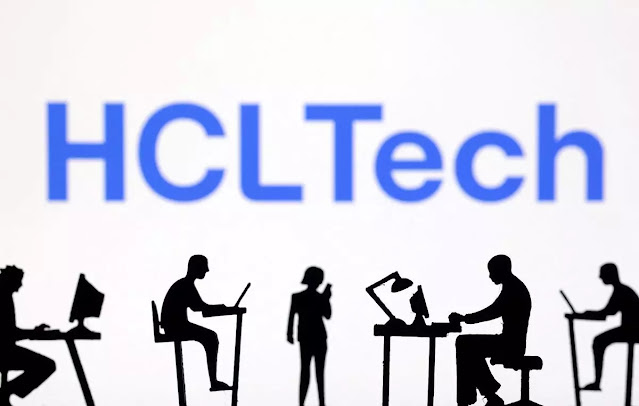India's Retail Sector Set To Transform With Generative AI:
In an era where technology continually redefines the marketplace,
India's retail sector is poised for a significant transformation. A recent
survey reveals a striking statistic: 71% of Indian retail businesses plan to
adopt Generative AI (Gen AI) within the next year, mirroring a global trend
where major international companies like eBay, Walmart, and Nordstrom are
already harnessing the power of Gen AI for diverse applications.
The
Gen AI Revolution in Indian Retail:
The
adoption rate in India is particularly noteworthy. While 6% of Indian retail
organizations have already implemented Gen AI, a substantial 71% plan to make this
leap within the next 12 months. This move is not just a fleeting trend but
a strategic shift, reflecting the sector's recognition of Gen AI's potential to
drive growth and enhance customer experiences.
The
Driving Forces Behind the Adoption:
Several
factors are propelling this widespread adoption of Gen AI in Indian retail:
Customer-centric Innovations Retailers are looking to
use Gen AI to create more personalized and engaging customer experiences. Gen AI can help tailor product recommendations, marketing strategies, and even in-store experiences to individual preferences by analyzing customer data.
Operational Efficiency: Gen AI can streamline operations, from inventory management to demand forecasting. This efficiency not only cuts costs but also improves the overall effectiveness of the retail supply chain.
Competitive
Edge: With
the global retail landscape evolving, Indian retailers are keen on adopting
Gen AI to stay competitive. The technology offers a way to innovate rapidly and
keep pace with international trends.
Challenges
and Considerations:
However,
this journey towards Gen AI adoption is not without its challenges. The main
hurdles include readiness, the clarity of use cases, and a skills gap.
Retailers must navigate these challenges carefully, ensuring they have the
right infrastructure and talent to harness the full potential of Gen AI.
The
Broader Impact on India's Economy:
The
implications of this shift extend beyond the retail sector. EY's survey
suggests that Gen AI could add a cumulative US$ 1.2 - 1.5 trillion to India’s GDP
by FY2029-30. This projection underscores the transformative potential of
Gen AI across various sectors of the economy.
Strategic
Moves by Indian CEOs:
Indian
CEOs are not just spectators in this evolving landscape. According to EY's CEO
outlook survey, 100% of CEOs in India have committed to investing in AI,
specifically Gen AI. They recognize that acting swiftly on Gen AI is crucial to
avoid giving competitors a strategic advantage. This unanimous commitment
reflects a broader understanding that Gen AI is not just a technological upgrade
but a strategic necessity.
Conclusion:
A Leap into the Future:
The
survey's findings highlight a pivotal moment for India's retail sector and its
global economy. As retailers embark on this journey of adopting Gen AI, they
are not just upgrading their technology stack but reimagining how they
do business. The next year will be crucial in observing how these plans unfold
and the impact they have on the retail landscape and beyond.
With the right strategies, collaborations, and regulatory frameworks in place, the Gen AI revolution in Indian retail could pave the way for a more dynamic, efficient, and customer-focused marketplace, signaling a new era in the fusion of technology and commerce.
COMPILED BY: NEERAJ KHATRI






Comments
Post a Comment